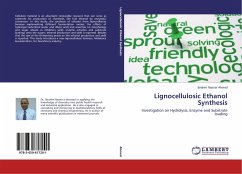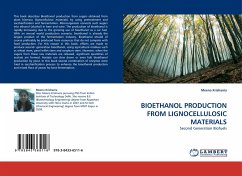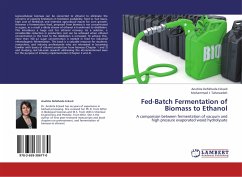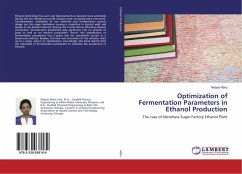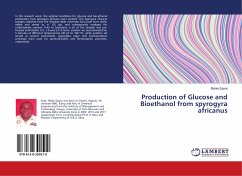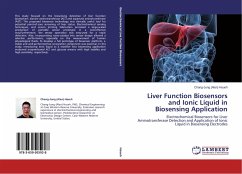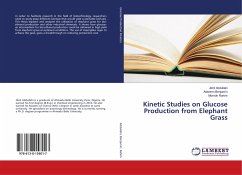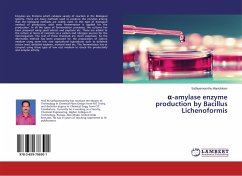Cellulosic material is an abundant renewable resource that can serve as substrate for production of chemicals, like fuel ethanol by enzymatic conversion. In this study: the synthesis of ethanol from lignocellulose biomass implementing different fermentation modes; the effects of hydrolysis (subcritical water and dilute acid) and severities on morphology and sugar release vs inhibitors yield; enzyme activities and substrate loadings onto the sugars, ethanol production and yield is reported. Besides that the size of the fermenting yeasts on the ethanol production and yield is reported. This study introduces a new lignocellulosic biomass, Melaleuca leucadendron, for biorefinery industry.

